Nephrotic Syndrome Treatment In Children Nephrotic syndrome is a kidney disease that causes you to lose proteins in your pee If you have nephrotic syndrome you may have pain in your abdomen foamy pee and a general feeling of
Nephrotic syndrome is a collection of symptoms due to kidney damage This includes protein in the urine low blood albumin levels high blood lipids and significant swelling Other Nephrotic syndrome is a combination of symptoms that can occur due to different causes Among adults the syndrome is most often caused by rare kidney diseases Who is more likely to
Nephrotic Syndrome Treatment In Children
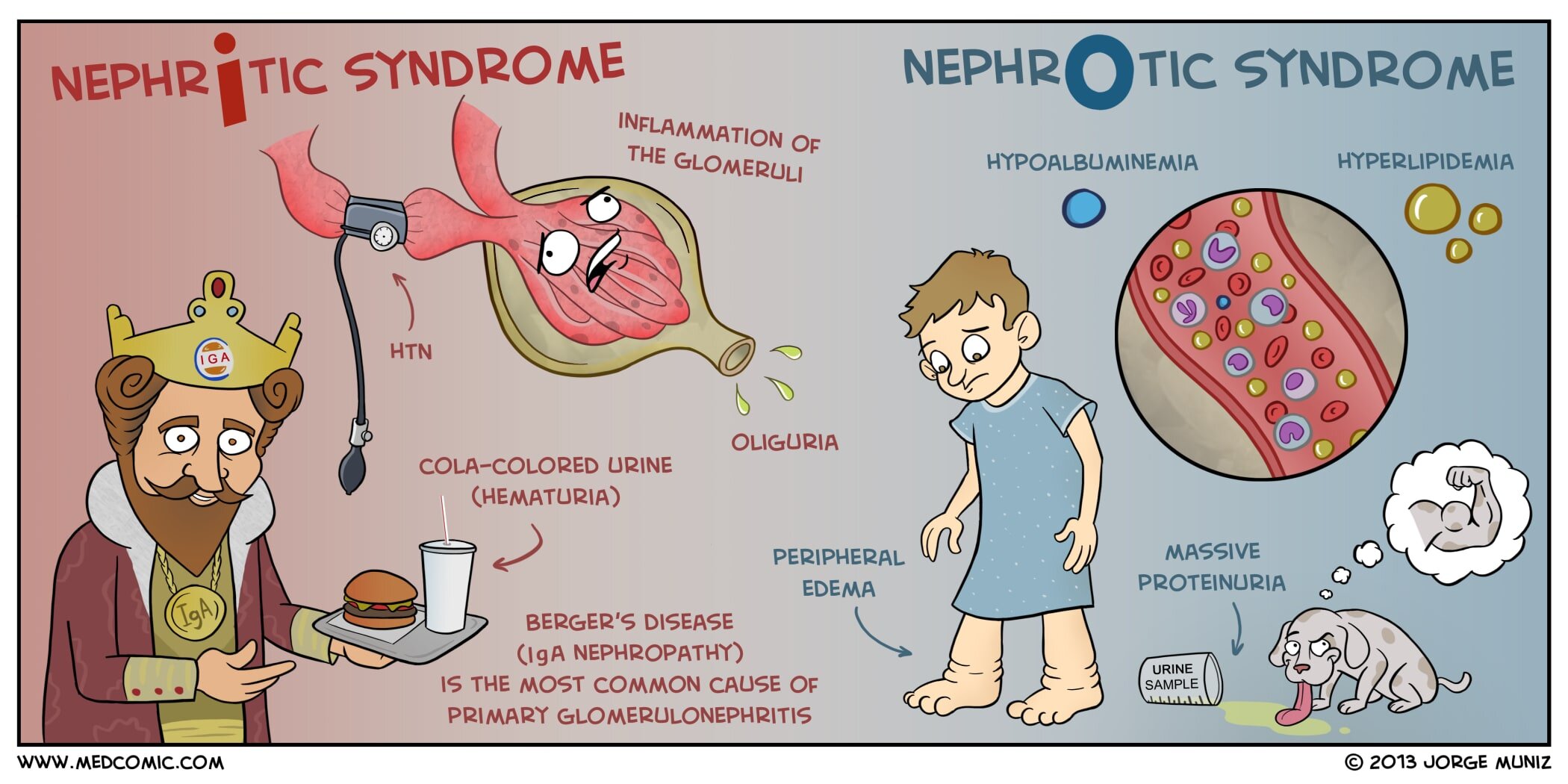
Nephrotic Syndrome Treatment In Children
https://images.squarespace-cdn.com/content/v1/5f28734698799b38264a113b/1596562159114-PP0K2BP97VSLGK6LEMXQ/Nephritic-vs-Nephrotic-Syndrome.jpg

Steroid resistant Nephrotic Syndrome Quotes Type
https://els-jbs-prod-cdn.jbs.elsevierhealth.com/cms/attachment/fb402c02-4eac-4856-ad8b-24f23a584e2f/gr2.gif
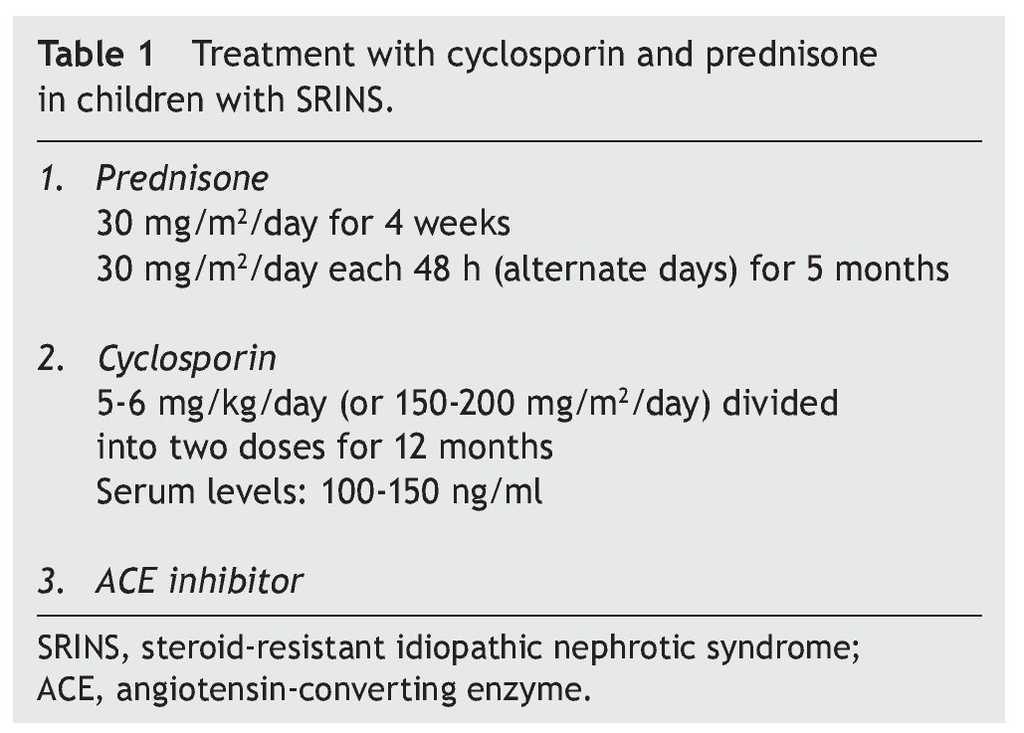
Nephrotic Syndrome what To Know
https://multimedia.elsevier.es/PublicationsMultimediaV1/item/multimedia/X2444340914741917:201v71n05-90374191fig1.jpg?idApp=UINPBA00004N
Nephrotic syndrome causes protein loss in urine leading to swelling and foamy urine Diagnosis involves tests treatment focuses on symptoms and underlying causes Nephrotic syndrome characterised by proteinuria hypoalbuminemia and oedema due to damage to the glomerular filtration barrier Aetiology can be primary e g minimal
Nephrotic syndrome is a condition where the filters in the kidney become leaky and large amounts of protein leak from the blood into the urine The main symptom is fluid Nephrotic syndrome causes swelling in your body it can affect the area around your eyes feet abdomen tummy and other places Other symptoms include high blood pressure and frothy
More picture related to Nephrotic Syndrome Treatment In Children

Nephrotic Syndrome In Children Lecture Full Part 1
https://i0.wp.com/pedimedicine.com/wp-content/uploads/Nephrotic-Syndrome-in-Children.png?resize=614%2C566
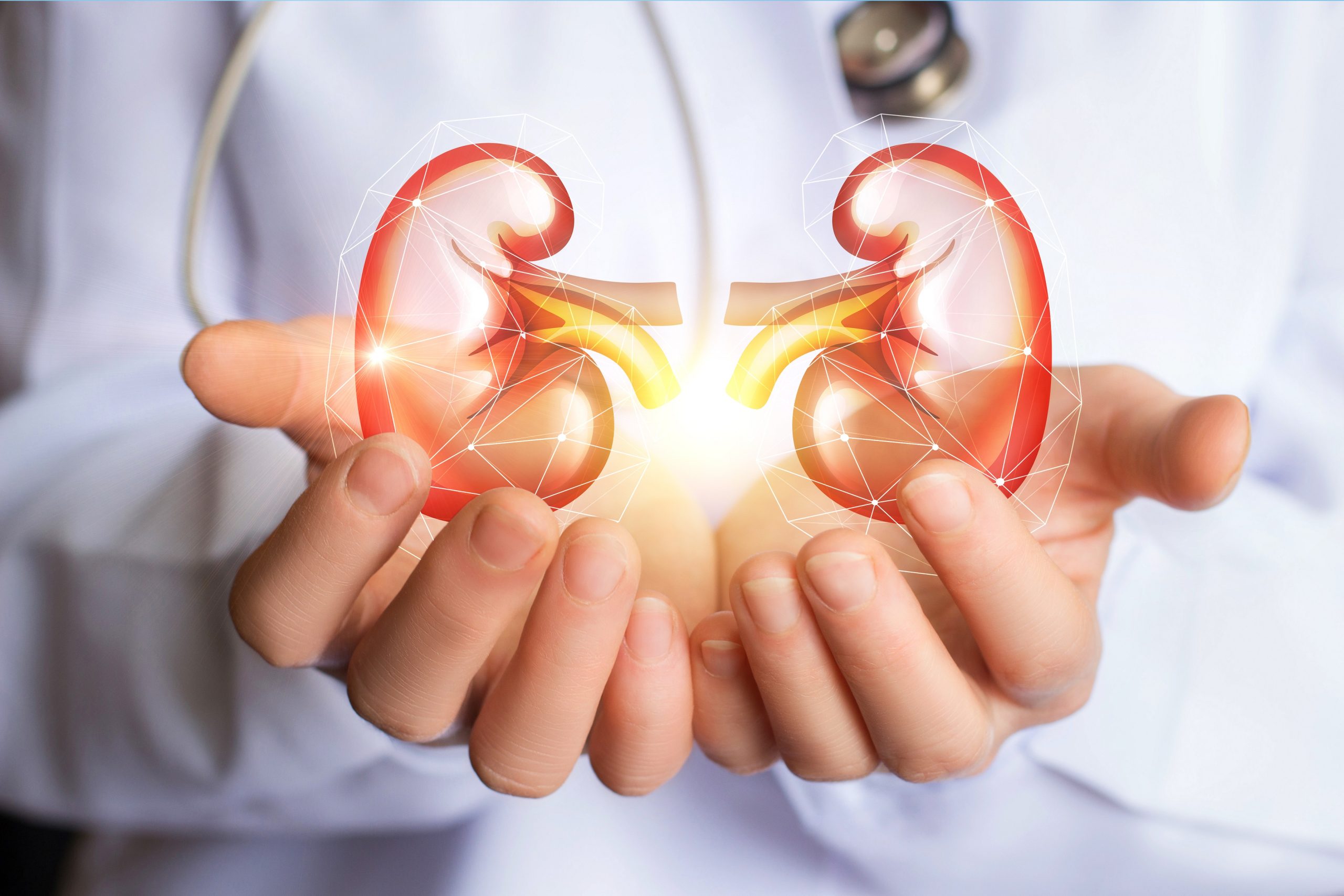
Nephrotic Syndrome A Common Kidney Disease In Children Evercarebd
https://www.evercarebd.com/wp-content/uploads/2022/08/shutterstock_598101971-scaled.jpg

Nephrotic Vs Nephritic Syndrome Symptoms Diagnosis Causes
https://i.ytimg.com/vi/0MMGYLqprIQ/maxresdefault.jpg
Nephrotic syndrome is a group of symptoms that show that your kidneys are not working as well as they should These symptoms include too much protein in your urine not Nephrotic syndrome is a group of symptoms and signs that point to kidney damage The kidneys act as filters removing waste and excess fluids from the blood Injury to
[desc-10] [desc-11]

How To Treat Childhood Nephrotic Syndrome with Pictures
https://www.wikihow.com/images/1/12/4519605-27.jpg

5 Pearls On Nephrotic Syndrome Core IM Podcast
https://www.coreimpodcast.com/wp-content/uploads/2020/09/unnamed-1024x1024.png

https://my.clevelandclinic.org › health › diseases
Nephrotic syndrome is a kidney disease that causes you to lose proteins in your pee If you have nephrotic syndrome you may have pain in your abdomen foamy pee and a general feeling of

https://en.wikipedia.org › wiki › Nephrotic_syndrome
Nephrotic syndrome is a collection of symptoms due to kidney damage This includes protein in the urine low blood albumin levels high blood lipids and significant swelling Other
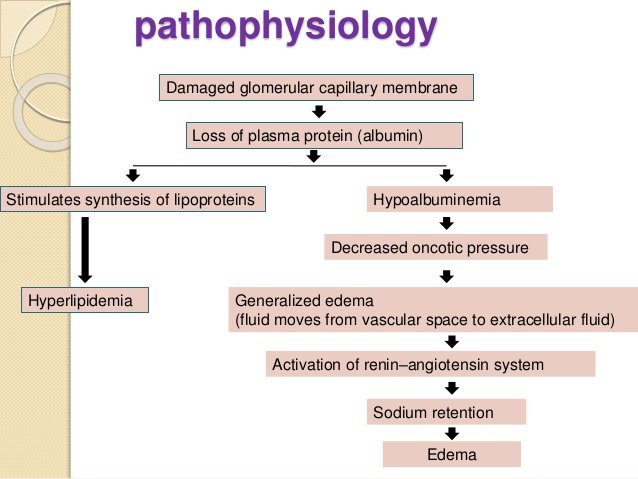
Nephrotic Syndrome Signs And Symptoms Management Nursing Care

How To Treat Childhood Nephrotic Syndrome with Pictures

Nephrotic And Nephritic Syndromes Nurses Revision

Nephrotic Syndrome what To Know
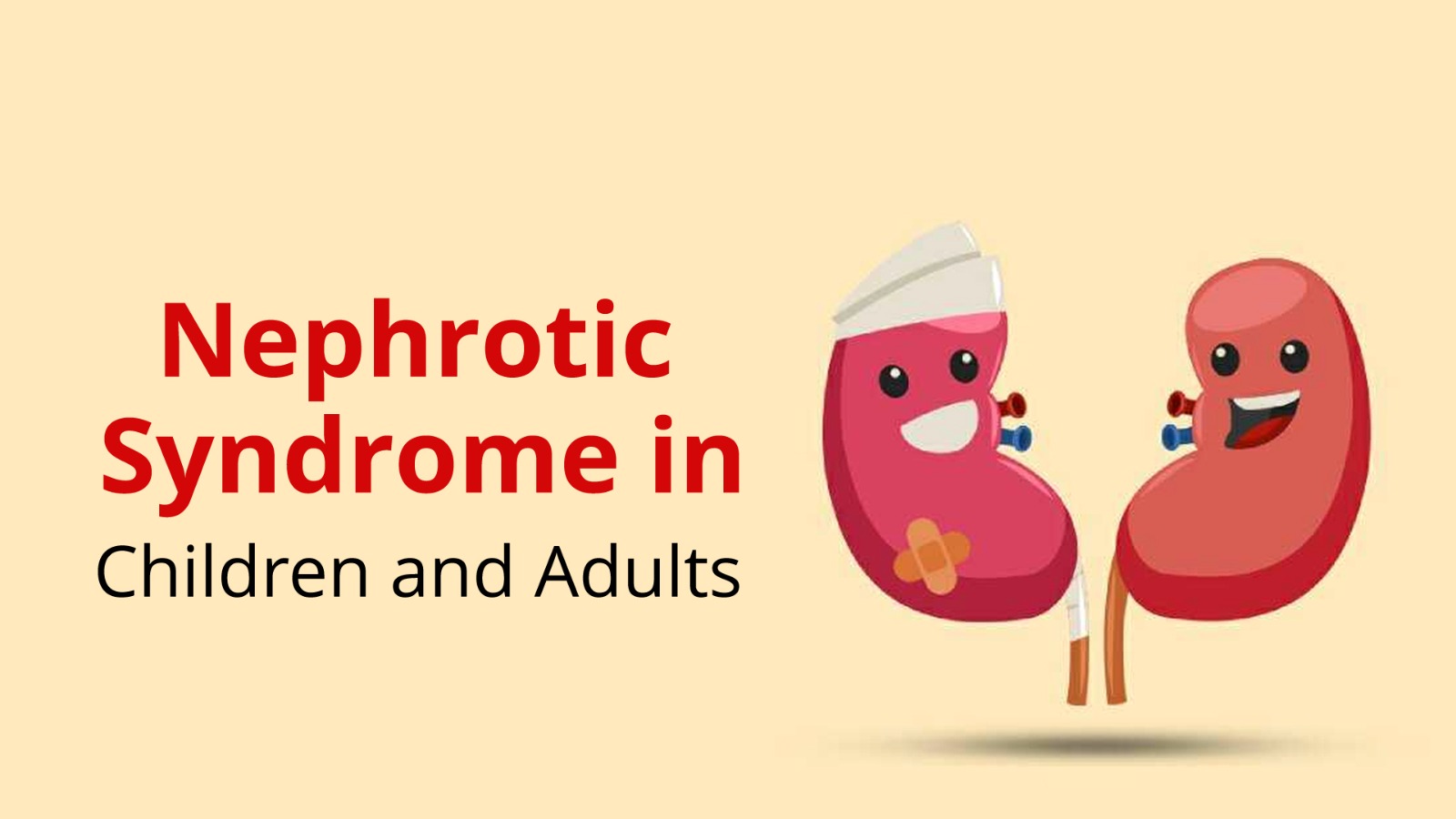
Causes Of Nephrotic Syndrome Diagnosis And Treatment Of Nephrotic
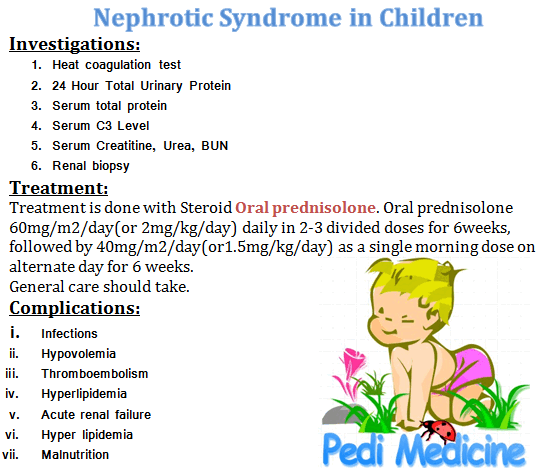
Nephrotic Syndrome In Children Lecture Full Part 2

Nephrotic Syndrome In Children Lecture Full Part 2

Prepare For Medical Exams Causes Of Nephrotic Syndrome

Nephrotic Syndrome Types Clinical Presentation Medical Case

Cyclosporin In Idiopathic Glomerular Disease Associated With The
Nephrotic Syndrome Treatment In Children - Nephrotic syndrome causes protein loss in urine leading to swelling and foamy urine Diagnosis involves tests treatment focuses on symptoms and underlying causes